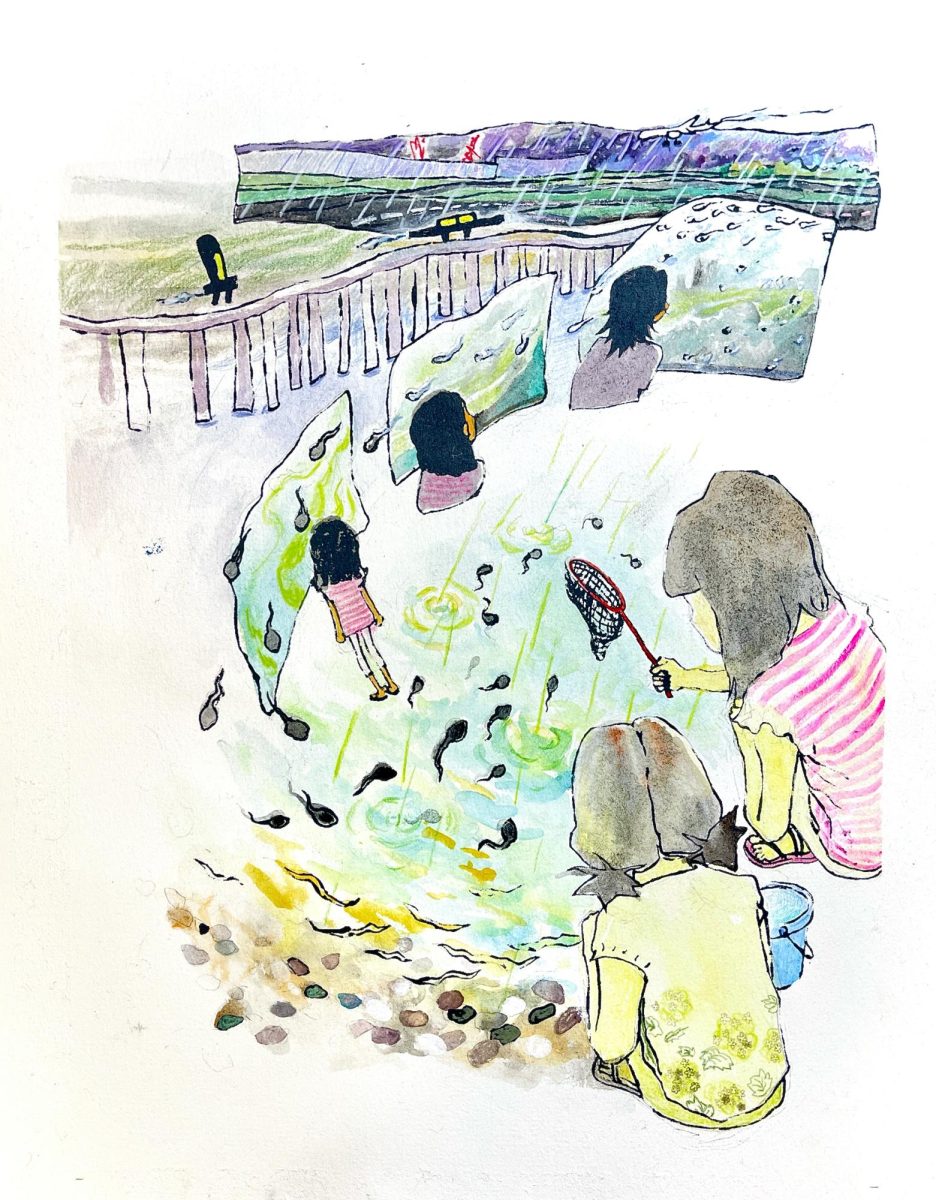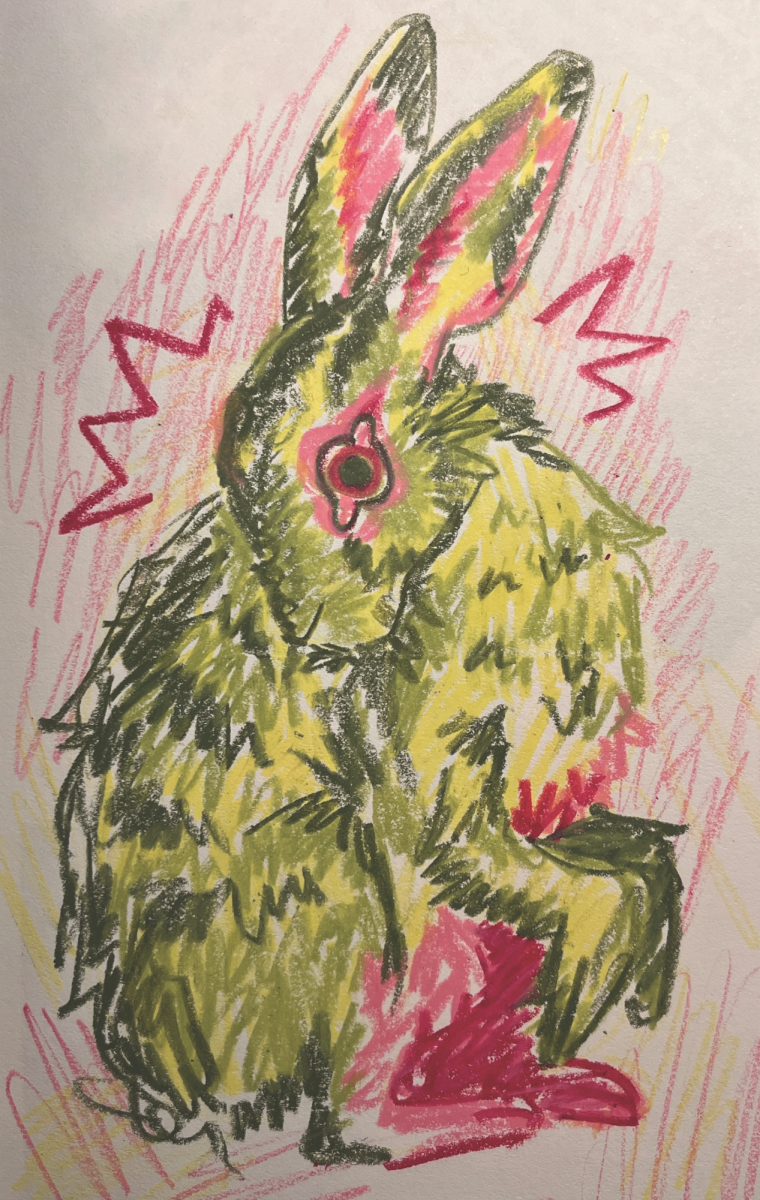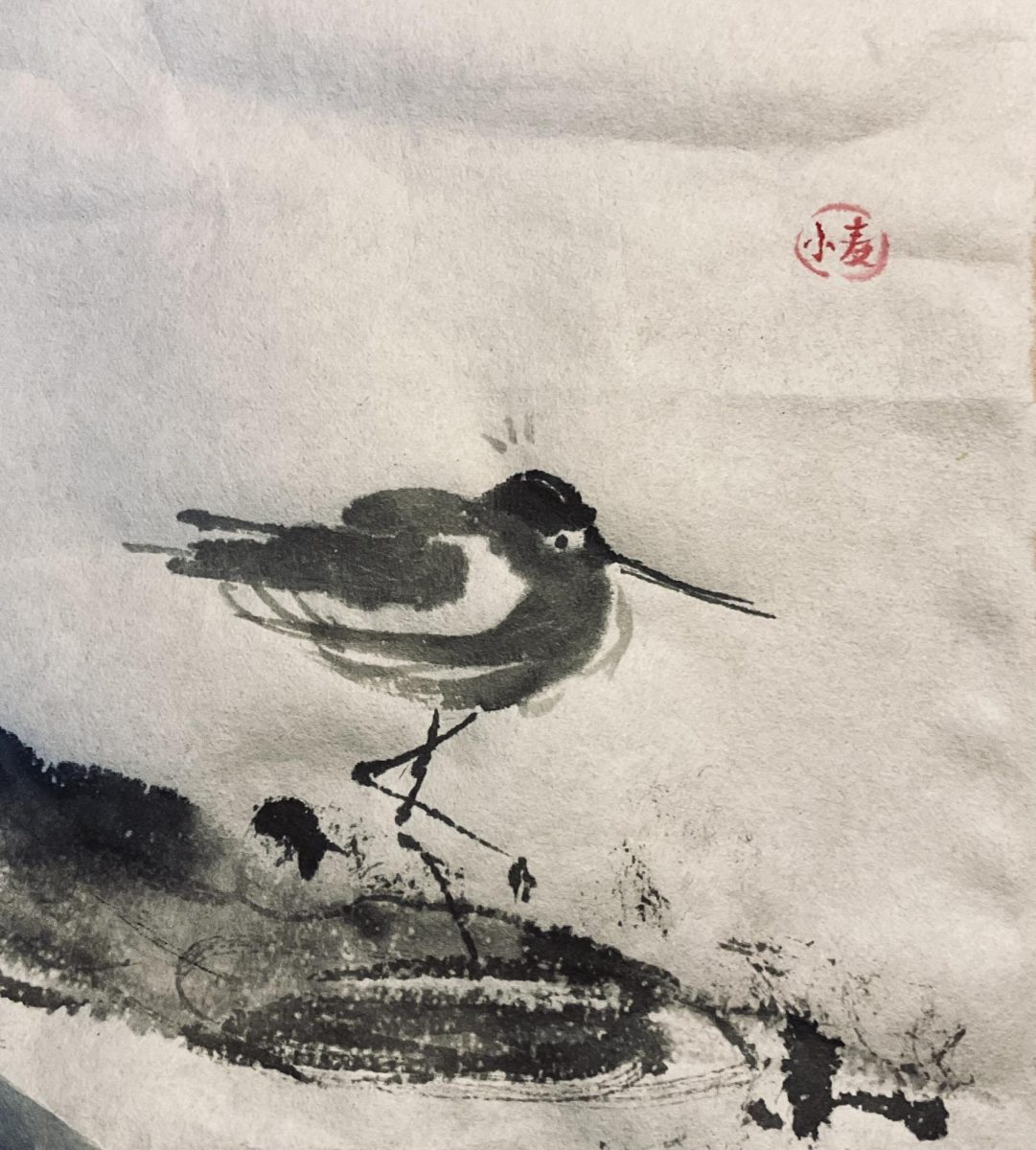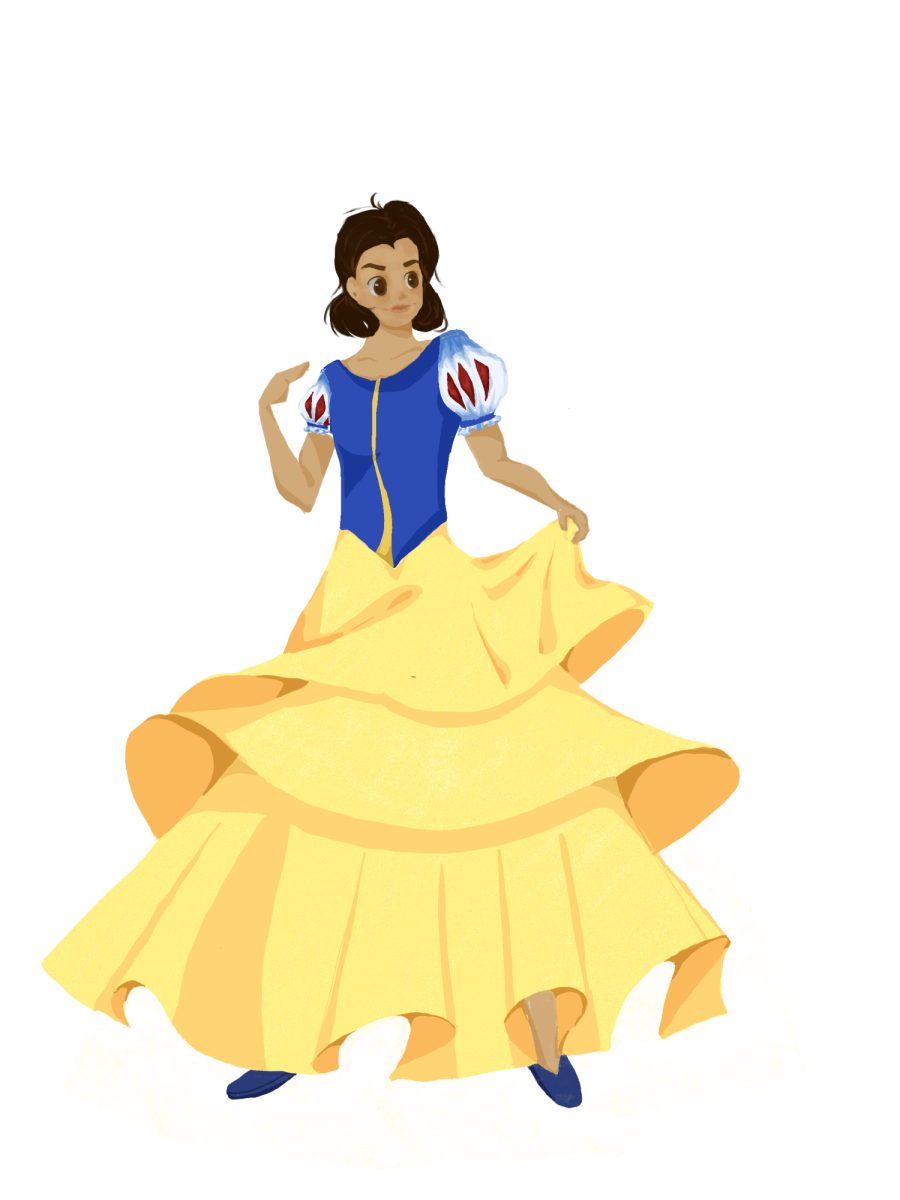
My first glimpse of the new Hunger Games movie came from a random ad on my phone, which led me to do a quick Google search for the movie’s trailer.
What I didn’t know at the time was that this would send me down a rabbit hole of videos — from behind the scenes from previous movies to interviews featuring the new cast.
Delving into the early life of President Coriolanus Snow, “The Ballad of Songbirds and Snakes” is a 2023 film adapted from Suzanne Collins’ prequel novel for “The Hunger Games” series. Immediately, I was intrigued by the idea of interacting with the early life of Snow: another morally grey character faced with a decision that would so drastically change the course of their life and others. So, in May of 2023, I took the liberty of reading the original book, which had been in my to-be-read list since its release in 2020. Although I read it to have a better understanding of the movie, it was also because, deep down, I knew there was a chance that the movie would swindle me with an alternative plot far from the author’s crafted story.
Once November rolled around, I was prepared for a product wholly unfulfilling to the eyes of a bookworm.
Instead, I was thoroughly impressed.
Featuring a view into Panem from its years of rebuilding after the war, viewers can appreciate the modern aesthetics of this dystopia. With a glimpse at the inner lives of characters, deepening historical oppression from geographical and hierarchical factors. But with any good “Hunger Games” movie comes the pivotal — and gruesome — plot that unravels as the Games go on.
As someone who finished the book in two days, I appreciate the similarity between the movie and the book and have since then added it to my Notes app list of favorite movies.
Featuring many iconic quotes and the unaltered song lyrics from the book, the film version of the Hunger Games prequel works hard to reflect the book.
Most people would enjoy this movie quite a lot. But readers in particular, usually so critical of book-to-movie adaptations, might enjoy it even more. A similar plot to the book truly makes or breaks these million dollar adaptations. The timeline is almost identical to that of the book. In the 157-minute movie, there were only two missing aspects to the overall plot structure, which we can suspect were viewed by movie directors as unimportant.
In a short scene at the beginning of the movie, Coriolanus (Tom Blyth) tells his Grandma’am (Fiunnula Flanagan) that her singing was good but “a little pitchy.” This seemingly-innocent comment plays into Coriolanus’ strategy to win popularity for Lucy Gray’s success in the games. However, this plot point is not further elaborated upon in the film. Despite a missing scene, the impact of him singing the national anthem at the opening ceremony would have been overshadowed by Lucy Gray Baird’s own singing, therefore not necessary to the plot.
As Coriolanus and Clemensia “Clemmy” (Ashley Liao) look down at a vat of genetically mutated rainbow scaled serpents, Clemmy is bitten and dragged away. In the movie, we never see her character again and viewers are expected to come to the conclusion that she has died.
But to readers watching, there was a sliver of hope for her return.
In the book, Clemmy appears twice more, and her subplot would have been an interesting addition to the aesthetic of the movie. Displaying signs of suffering from a mysterious illness and trying to hide rainbow scales on her skin would’ve added more intrigue as to the technology and genetic manipulation that is so key to the Hunger Games dystopia.
All in all, I appreciate this film for the effort that was put in by directors, producers and actors combined. Choosing to maintain the voice and original story of any book makes a difference in the response of viewers and its popularity.
Writers spend so much time crafting a story for reader engagement that it really is a shame when adaptations struggle to accurately portray them, squandering readers’ trust with upcoming films.
Book adaptations such as “Where The Crawdads Sing” and “Twilight” have had great success because of their consistent resemblance to their original stories. Any director or cinematographer should approach moviemaking with the goal of making readers and movie watchers happy at the same time.
My hope to those working in the film industry is that they understand how important it is for readers to hear that their favorite book is coming to theaters, and that they take it upon themselves to immerse viewers into these well structured and well loved plots that many readers actively enjoy.
Because a book cannot be reflected onto the big screen, but a film definitely can.














